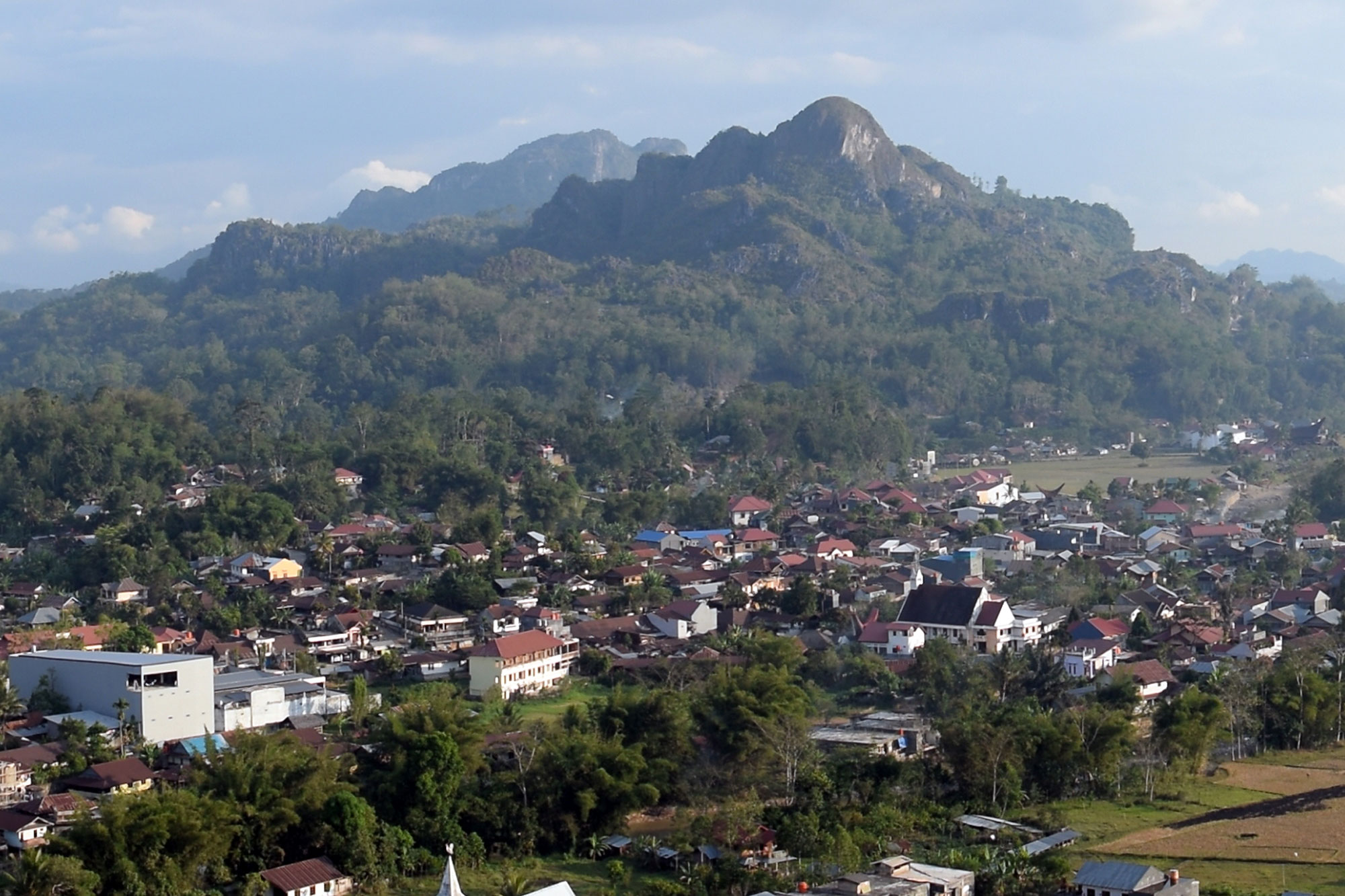NERC has chosen to award just short of one million pounds to a UK-Indonesia research collaboration under the Wallacea scheme, of which £395,000 is granted to Kent. The project is entitled ‘Biodiversity, environmental change and land-use policy in Sulawesi and Maluku’ and will be led by Dr Matthew Struebig.
Principal Investigator: Dr Matthew Struebig
PI (Indonesia): Professor Jatna Supriatna (University of Indonesia)
Project partners (UK): Professor Stephen Rossiter (Queen Mary), Dr Laurent Frantz (Queen Mary), Dr David Edwards (University of Sheffield), Dr Selina Brace (Natural History Museum) and Professor Zoe Davies.
Project partners (Indonesia): Dr Sonny Mumbunan, Dr Noviar Andayani and Dr Nurul Winarni. The team also includes researchers based in Sulawesi and Maluku – Dr Zuliyanto Zakaria (University of Gorontalo), Dr John Tasirin (Sam Ratulangi University) and Dr Agustinus Kastanya (Pattimura University), as well as partners in Birdlife Indonesia, the Wildlife Conservation Society, Fauna Flora International and Operation Wallacea.
Funder: NERC (UK) and RISTEKDIKTI (Indonesia)
Scheme: Newton Wallacea 2018
Amount of the award: £969,901
Start date: 14th November 2018
Project title: Biodiversity, environmental change and land-use policy in Sulawesi and Maluku
Summary:
Wallacea is currently emerging as a new developmental frontier in Indonesia and a target for agribusiness and extractive industries. A particularly understudied part of the Asian tropics, it has an exceptionally distinctive vertebrate diversity which forms the second highest level of endemism in the world, making the region a global priority for conservation. Despite these biodiversity credentials, the impacts of the region’s complex land-use history is much less understood than in other parts of Southeast Asia. Given that further forest degradation and agricultural conversion are expected, the future prospects for natural capital in the region depend to a large extent on how we manage human-modified landscapes.
Bringing together an interdisciplinary team from British and Indonesian universities, with four NGO partners active in Indonesia, this project will deliver the science needed to understand tensions in land-use and the responses of biodiversity to environmental change in Wallacea. We are undertaking a novel and ambitious study of vertebrate responses to recent and historical land-cover change across multiple landscapes in little-studied islands, so that evaluations of current land-use policies and predictions of future environmental scenarios will be evidence-based and realistic. Together we are generating new biodiversity data from across land-cover gradients in forests, agroforests and intensive farmland (e.g. cocoa, oil palm, coffee), modelling community responses to past, present and future forest cover, and applying state-of-the-art genomics methods to assess genetic and evolutionary responses to land-cover change for several important conservation flagship species.
Focusing on the region’s fascinating bird and mammal fauna, our project will track Alfred Russel Wallace‘s journey through Sulawesi and the Moluccas (Maluku), determine how the terrestrial environment has changed since Wallace’s time, and provide recommendations to maintain biodiversity as Indonesia continues to develop.

